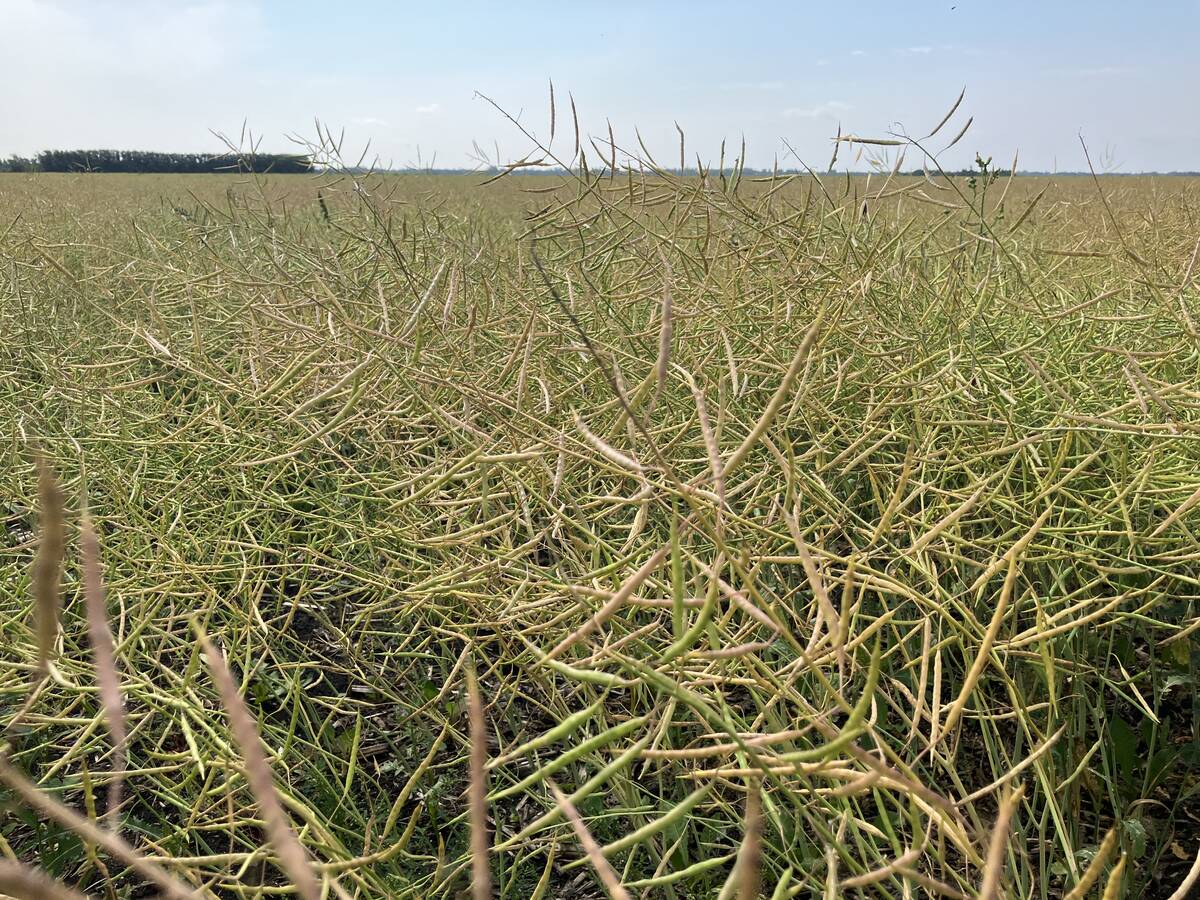The growing prairie special crops sector got its wish last week when the federal government announced changes to the way the Canadian Grain Commission deals with the industry.
Once proposed changes to the Canada Grain Act are approved by Parliament, a new system for bonding elevators that handle special crops will take effect.
Farmers delivering special crops such as lentils will pay a levy of 38 cents for every $100 of the crop value.
That levy will be sent to the commission, which will use a portion of it to fund an insurance scheme.
Read Also

South American soybeans will have less impact on canola
South American production will, as usual, affect the global oilseed market, but Canadian canola is on the outside looking in until it can get China back or find alternative buyers.
Then, if the elevator, cleaning plant or processor goes bankrupt, the farmer can collect his money from the insurance plan.
Under current rules, facilities handling special crops must post a large bond to cover potential losses. Many of the smaller companies cannot afford it.
“This is something the industry wanted to help it grow and develop,” said grain commission corporate services director Marilyn Kapitany.
“It means that smaller handlers or seed cleaners will be able to afford a licence. It will give producers more options for buyers and that will help the industry grow.”
It is the result of years of lobbying by special crops representatives.
The legislation will not be debated and approved by Parliament until after MPs return to their desks Feb. 2, when the Christmas break ends. Opposition MPs are expected to support it.
Last week’s proposed amendments to the Canada Grain Act also would allow the grain commission to fine elevators or companies that violate rules on information filing, grading violations and other infractions of the law.
Kapitany said existing rules give the commission only the options of going to court or pulling an elevator’s licence to operate. Such drastic action can hurt farmers by limiting where they can sell.
“Now, it is an all or nothing situation,” she said. “The punishment does not always fit the crime. This will give us flexibility to decide if the infraction deserves pulling a licence or merely levying a fine.”
The government last week also said it will repeal the 58-year-old Grain Futures Act, effectively turning control of the Winnipeg Commodity Exchange over to the province of Manitoba.
That satisfies a call from the WCE and the province to allow provincial control so the exchange can expand beyond grain into other commodities.
Federal agriculture minister Lyle Vanclief said it is part of the federal effort to end the inefficiency of competing jurisdictions.
“It is consistent with the national objectives of avoiding overlap and duplication in federal and provincial activities,” he said in news release announcing the changes.














